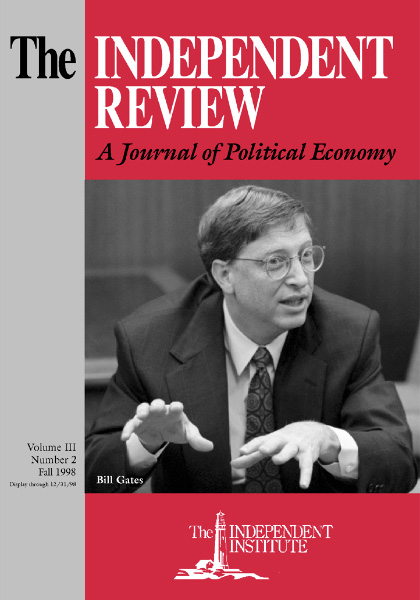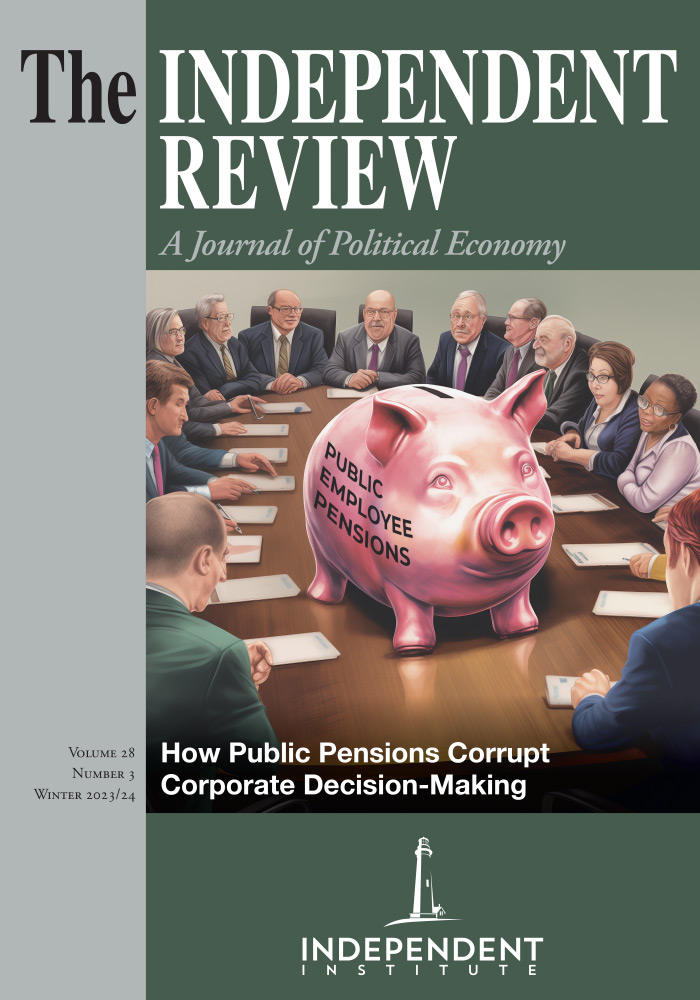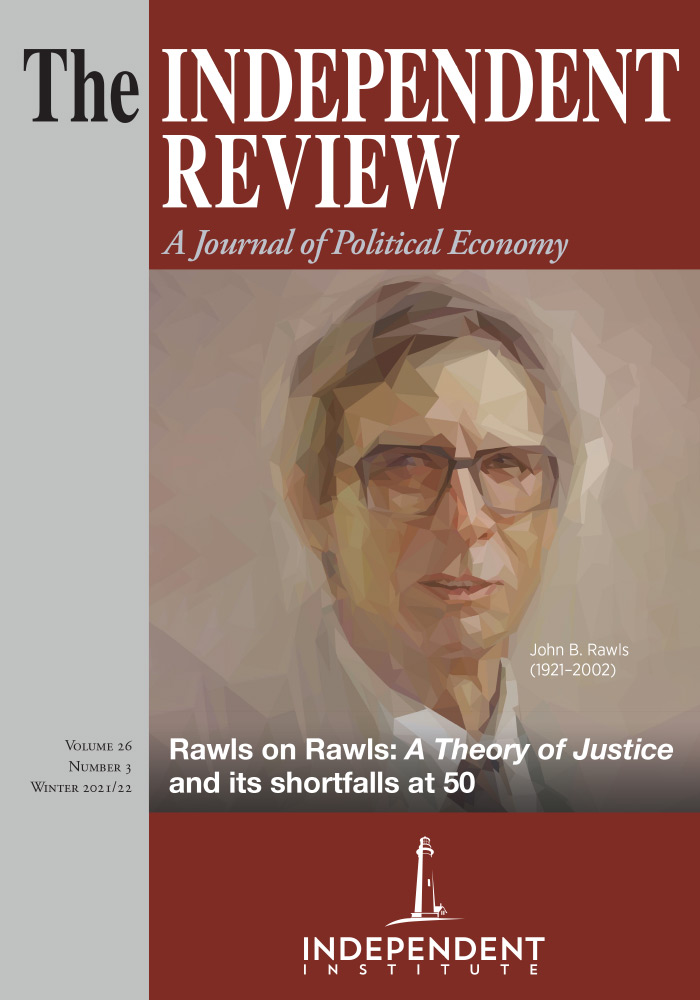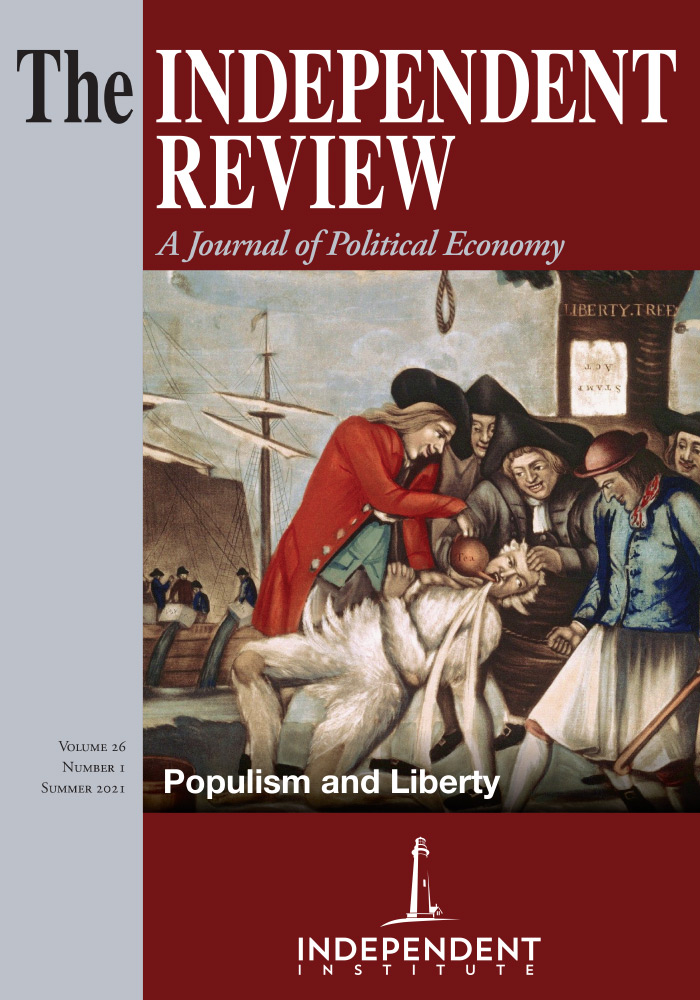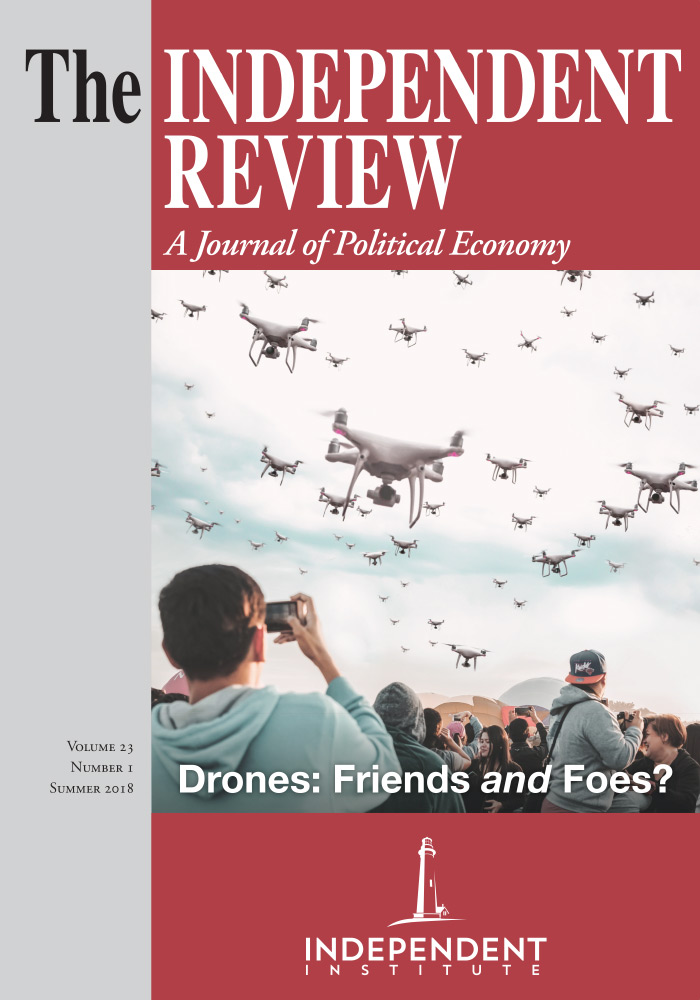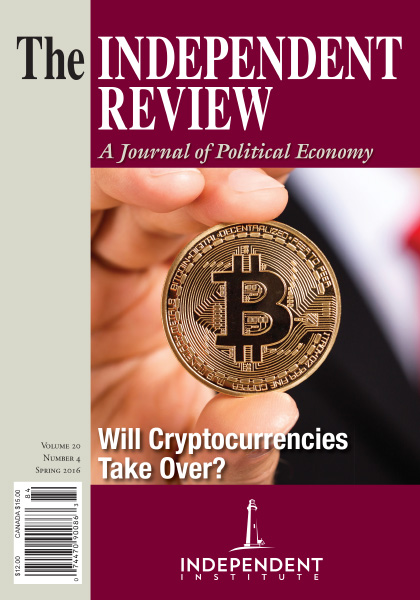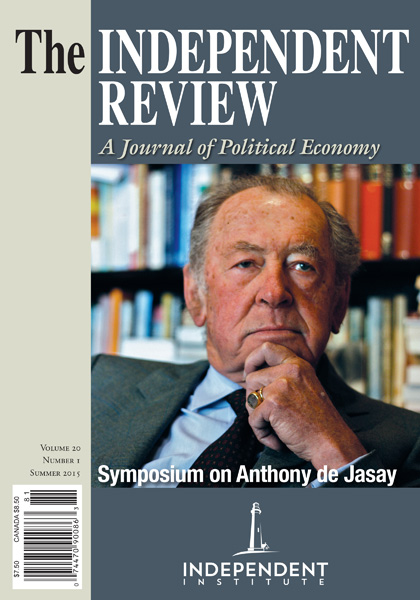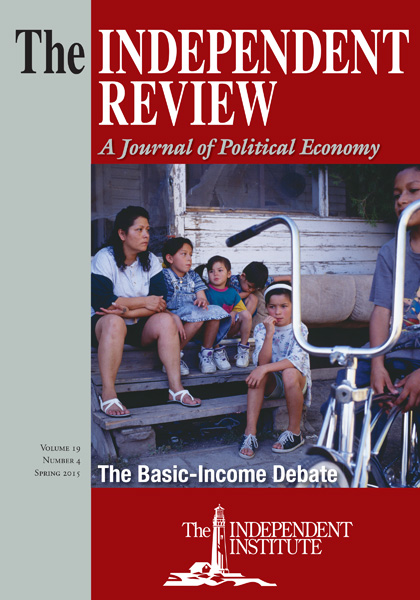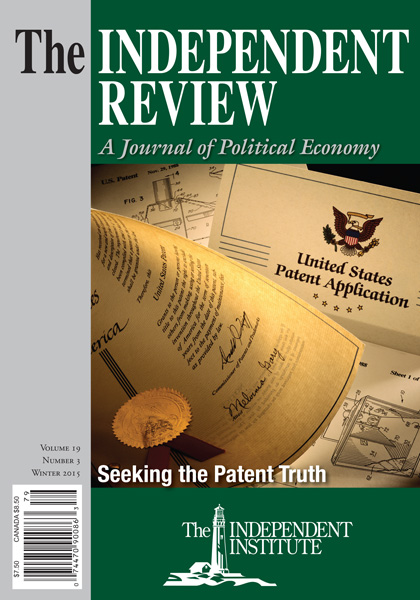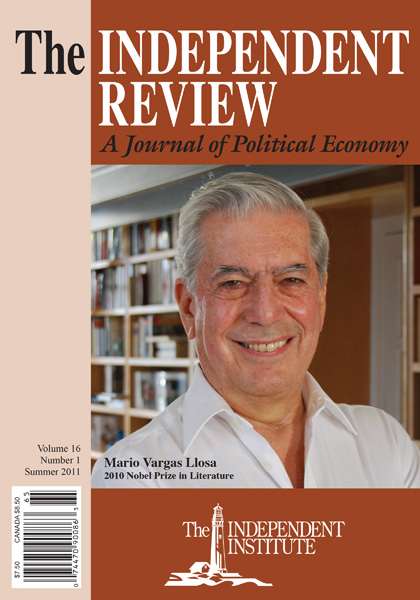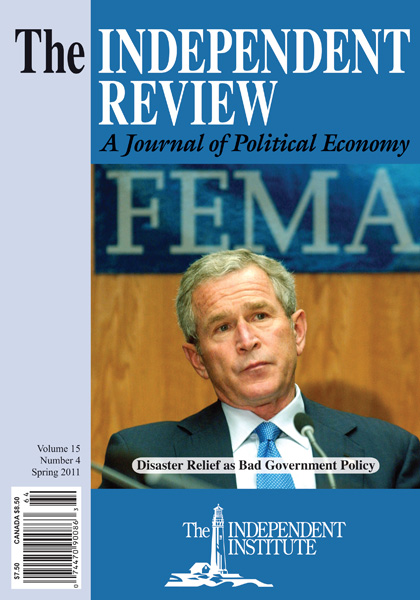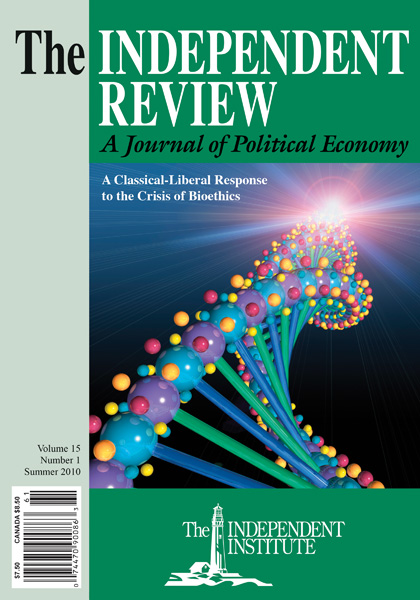Economist Joseph Stiglitz has spent much of his career constructing elaborate mathematical models of “market failure.” Despite the willful evasion he witnessed while serving on the President’s Council of Economic Advisers, he still seems blind to what looks far more apparent: the ubiquity of government failure.
Article
Joseph E. Stiglitz is a major figure in the mainstream economics establishment. Having been a faculty member at Yale, Princeton, and Stanford, a prolific publisher in the leading academic journals, and the recipient of prestigious honors and appointments, Stiglitz moved in the 1990s into elevated positions as a policy adviser. He presently serves as senior vice president and chief economist for the World Bank. Previously, from 1993 to 1997, he served on the President’s Council of Economic Advisers (CEA), chairing the council during the latter part of that period.
Recently he discussed his experience at the CEA in the American Economic Association’s annual Distinguished Lecture on Economics in Government (see “The Private Uses of Public Interests: Incentives and Institutions,” Journal of Economic Perspectives 12 [Spring 1998]: 3-22).
Stiglitz’s academic reputation rests largely on his construction and analysis of mathematical models from which he has concluded that “the market fails” in ways previously undreamt of by neoclassical welfare economists. So no one will be surprised to encounter his confession that he went to the CEA not just to learn at first hand about government policy making but “also as an activist” (3). His appreciation of neoclassical welfare economics has led him to believe that “there will always be some intervention by which the government can make everyone better off” (3-4).
Even though Stiglitz professes an awareness of “government failure” as well as “market failure,” his prior studies, it seems, had not sufficiently prepared him for what he encountered in the highest policy-making circles of the national government. He recalls:
When I was in the lawyer- and politician-dominated White House environment, I often felt that I had arrived in another world. It was not just that another language was spoken. I understood and expected that; every culture (including that of economists) creates its own language to set itself apart. It was that often another system of logic, another set of rules of reasoning, applied. I had expected lower standards of evidence for assertions than would be accepted in a professional article, but I had not expected that evidence offered would be, in so many instances, so irrelevant, and that so many vacuous sentences, sentences whose meaning and import simply baffled me, would be uttered. . . . Empirical evidence--at least beyond an anecdote or two--and theoretical analysis should have been able to shed light on the merit of alternative policies. While that is where the conversation should have begun, it almost never got that far. What occurred was often worse than Gresham’s Law: it was not only that bad arguments seemed to drive out good, but good economists, responding to implicit incentives, adopted bad arguments to win their battles. In a process of cognitive dissonance reduction, possibly combined with some intellectual atrophy, sometimes good economists even seemed to come to believe their specious arguments. (5)
Yet, after nearly four years immersed in such Alice-in-Wonderland jabbering, not to mention the asinine posturing, personal backstabbing, and special-interest grasping that constitute the real world of government, Stiglitz declares, “Those who said that I would leave the White House with a more jaundiced view of the role of government were only partly correct” (21). The all-too-obvious failures of government, he maintains, “do not undo the great achievements of the public sector” (21). As examples of those great achievements, he mentions mass education and a cleaner environment.
My own reading of the literature on environmental policy leaves me unconvinced that government policy in that area has succeeded, even in the utilitarian terms by which neoclassical economists assess it. Have aggregate benefits really exceeded aggregate costs? With respect to a less ambiguous matter, however, there is no doubt: environmental policies have definitely diminished American liberties, sometimes in grotesquely Stalinistic fashion, as when people have been imprisoned for installing ordinary drainage or filling in mudholes on their own land (see, for examples, Sigfredo A. Cabrera, “Environmental Law Endangers Property Rights,” Freeman 45 [August 1995]: 489-92; Marisa Manley, “A Victim of Wetlands Regulations,” Freeman 47 [July 1997]: 408-12; and James Bovard, Lost Rights, New York: St. Martin’s, 1994, pp. 33-38, 69-76).
As for the great achievements of government in mass education, I recommend that when Professor Stiglitz finishes his stint at the World Bank, he spend the next year looking into what goes on at a few randomly selected public schools. I am confident that he would learn a lot.
| Other Independent Review articles by Robert Higgs | ||
| Fall 2019 | Pressure-Release Valves in Participatory Fascism | |
| Winter 2018/19 | Two Worlds: Politics and Everything Else | |
| Fall 2018 | Against the Whole Concept and Construction of the Balance of International Payments | |
| [View All (62)] | ||

